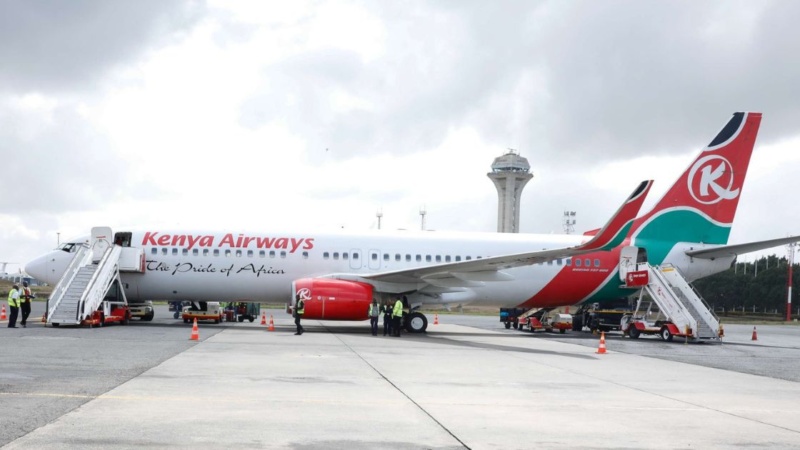Germany facilitates visas for workers from outside the EU

New system eliminates barriers to entry of qualified labor. Foreigners who meet the prerequisites will be able to stay in the country for one year while they look for vacancies in the job market.
A new work visa system that aims to attract qualified workers from third countries , that is, from outside the European Union (EU) , came into force this Saturday (01/06) in Germany.
Foreigners who meet the prerequisites of the new system will have the right to live in the country for a maximum period of one year while looking for work opportunities. These people will be able to apply for so-called Chancenkarte (“opportunity cards”) granted by the German government to foreign workers with at least two years of vocational training or a university degree recognized in the country where the certification was issued.
The granting of Chancenkarte will depend on factors such as the level of knowledge of the German or English languages, as well as professional experience, age and possible personal ties with Germany. The fact that they have qualifications that are most lacking in the German job market will also weigh in favor of candidates.
Workers no longer needed to present a contract with a German company to be able to enter the country, or present a qualification that is recognized by the German authorities. The objective is to reduce bureaucracy and reduce internal procedures.
“We are ensuring that workers and skilled labor, which our economy has urgently needed for years, can come to our country,” said German Interior Minister Nancy Faeser on Saturday.
Incentive package
The new scheme is part of an extensive package of new regulations aimed at addressing the serious shortage of skilled workers in Germany – the Act for the Development of Skilled Immigration , passed in July 2023, which aims to reduce obstacles to immigration of skilled workers from non-EU countries.
The first stage of the government’s strategy began in November last year, with the introduction of the EU Blue Card , which encourages the migration of academics and natural specialists, without the need to prove language skills or check in advance whether there are Germans or citizens of the European bloc countries available on the German market for these vacancies.
Starting this Saturday, job opportunities for citizens of countries in the western Balkan region have been expanded, which also applies to unskilled workers. In this case, however, it will still be necessary to present an employment contract with a German company as a prerequisite for entry into the country.
Fill 7 million vacancies by 2035
According to German Labor Minister Hubertus Heil , seven million skilled workers will have to be replaced by 2035 due to the aging population. He highlights that the shortage of qualified labor is particularly serious in the gastronomy sector, for example. IT specialists are also in short supply in many companies, as well as in government agencies.
The Minister of Economy, Robert Habeck , believes that more and more jobs and places in training programs should be opened. According to him, Germany’s ability to meet this demand will determine, in the long term, how much the country will grow and whether prosperity can be maintained or expanded.
Currently, around a quarter of all people employed in Germany have a migrant background, with an above-average proportion of these workers working in sectors such as cleaning and gastronomy.
rc (DPA, EPD)
Originally Published at DW.COM






